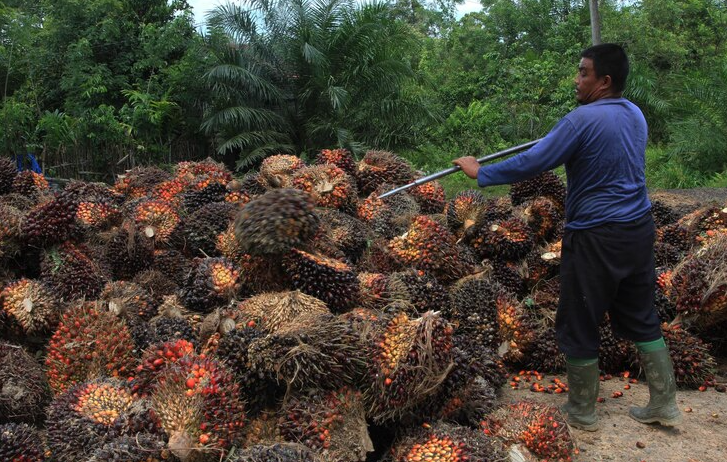The United States government has expressed strong reservations regarding Nigeria’s recent decision to ban the importation of certain agricultural and pharmaceutical products, citing potential violations of trade agreements and the risk of diplomatic and economic fallout. This move by the Nigerian government, aimed at boosting local production and conserving foreign exchange, is now at the center of an international trade debate.
Nigeria’s Protectionist Policy Explained
In recent months, the Nigerian government has intensified efforts to restrict the importation of goods that can be produced locally. This includes select agricultural products like rice, maize, and palm oil, as well as pharmaceutical items such as generic drugs and basic medical supplies.
The aim, according to Nigeria’s Ministry of Trade and Investment, is to:
-
Promote local manufacturing
-
Create jobs
-
Conserve foreign reserves
-
Encourage self-sufficiency
Minister of Industry, Trade and Investment, Dr. Doris Uzoka-Anite, stated during a press conference that:
“Nigeria can no longer afford to be a dumping ground. We are capable of producing what we consume. This policy is a step toward rebuilding our economy.”
(Source: Vanguard Nigeria, 2025)
🇺🇸 U.S. Reaction and Concerns
However, the United States Trade Representative (USTR) has publicly criticized the move, warning that the import restrictions could violate provisions under World Trade Organization (WTO) rules and bilateral trade agreements between Nigeria and the U.S.
In a statement released on March 27, 2025, the USTR said:
“While we recognize Nigeria’s right to pursue local economic development, abrupt and unilateral import bans, especially in sensitive sectors like agriculture and pharmaceuticals, undermine global trade commitments and could result in reciprocal action.”
The U.S. is particularly concerned about:
-
American pharmaceutical firms losing access to a large market
-
Disruption of medical supply chains, especially vaccines and essential drugs
-
Potential rise in smuggling and informal trade routes
-
The impact on U.S.-Nigeria diplomatic and economic relations
(Source: USTR.gov and Reuters, 2025)
⚖️ Trade Balance vs. Public Health Concerns
While Nigeria argues that its industries need protection to thrive, critics point out that a sudden ban, particularly in pharmaceuticals, could have dangerous health implications.
According to health policy analyst Dr. Uche Okonkwo,
“Local pharmaceutical production in Nigeria is not yet robust enough to meet demand. Banning imports without scaling local capacity could endanger lives.”
(Source: HealthWatch Nigeria)
Already, reports from rural health centers in Kano, Benue, and Ogun states suggest rising concerns over drug shortages.
💡 Way Forward: Finding a Middle Ground
Experts recommend that instead of a complete ban, Nigeria should consider:
-
Gradual phase-out plans with clear timelines
-
Strategic incentives for local manufacturers
-
Bilateral discussions with trade partners to avoid retaliation
-
Partnerships between foreign firms and local producers to build capacity
In response to U.S. concerns, Nigeria’s Ministry of Foreign Affairs has signaled readiness for dialogue, assuring the international community that the policy is not anti-trade but pro-development.
🌍 Geopolitical Implications
The U.S.-Nigeria trade relationship is a cornerstone of Africa–U.S. diplomacy. A strained relationship could not only affect bilateral trade but also U.S. support in areas like:
-
Security cooperation
-
Climate funding
-
Public health programs, including PEPFAR and malaria interventions
🧭 Conclusion: Striking a Balance Between National Goals and Global Trade Norms
Nigeria’s determination to build local capacity is admirable, but it must be executed within the framework of global trade rules and diplomatic sensitivity. For now, both countries stand at a delicate crossroads, where careful negotiation and mutual respect will determine whether this moment sparks trade friction or economic transformation.
📌 References
-
USTR Official Statement – ustr.gov
-
Vanguard Nigeria – “Nigeria’s Import Ban Policy Explained” (March 2025)
-
Reuters Africa – “U.S. Concerned Over Nigeria’s Trade Restrictions” (2025)
-
HealthWatch Nigeria – Expert Interview wit
Last Updated on April 9, 2025 by kingstar





